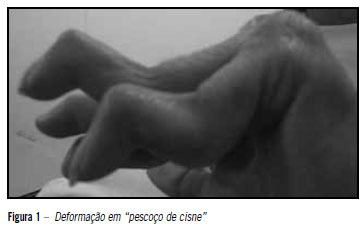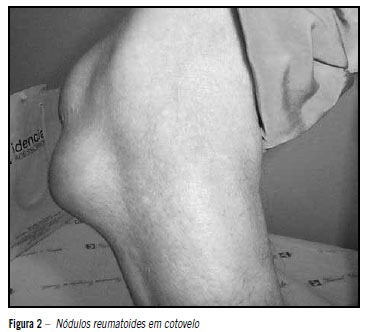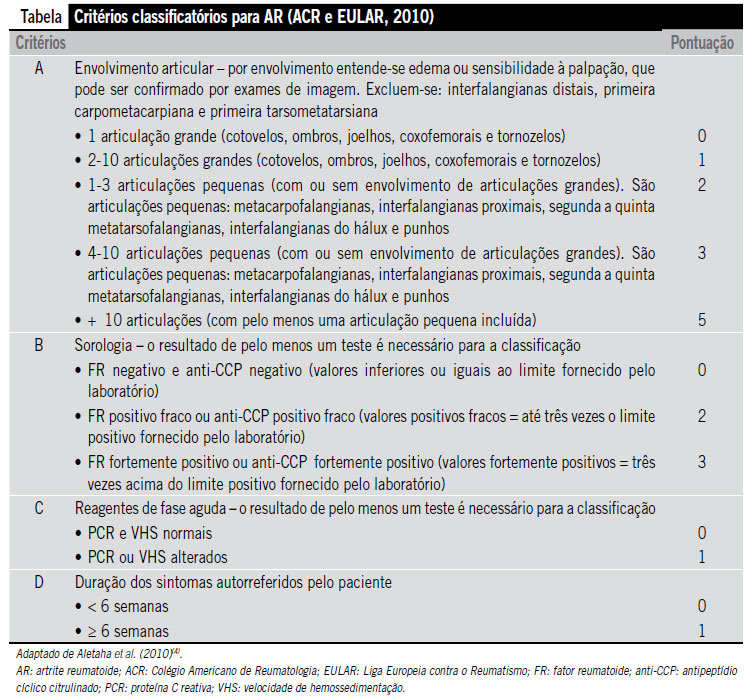INTRODUCTION: Rheumatoid arthritis (RA) is a chronic autoimmune inflammatory disease, which affects approximately 1% of the world's adult population. It is characterized by the inflammation of synovial tissue from multiple articulations, leading to tissue destruction, pain, deformities and reduced quality of life. RA etiology is complex and largely unknown, although studies support the influence of genetic and environmental factors on its pathogenesis. Due to its major genetic component, relatives from RA patients are part of the risk group, mainly as to the development of the most severe forms. In spite of its high disability risk, RA development can be affected through early diagnosis and adequate therapy. Nonetheless, its early diagnosis is still very demanding due to the heterogeneity of its clinical presentations, which delays therapeutic approach. RA treatment includes non-steroidal anti-inflammatory drugs, corticosteroids, disease-modifying antirheumatic drugs (DMARD), and immunobiologic agents. Furthermore, raising patient's awareness and developing psyco/occupational therapies are also part of the therapeutic approach. Currently, several studies focus on the identification of predictive factors for severe RA such as rheumatoid factor (RF) and anti-cyclic citrullinated peptide (anti-CCP) autoantibodies, which are major immunological diagnostic and prognostic markers for RA. DISCUSSION AND CONCLUSION: Despite the fact that there has been substantial progress in the investigation, diagnosis and treatment of RA, there are still several challenges to be overcome.
Rheumatoid arthritis; Auto-antibodies; Diagnosis



